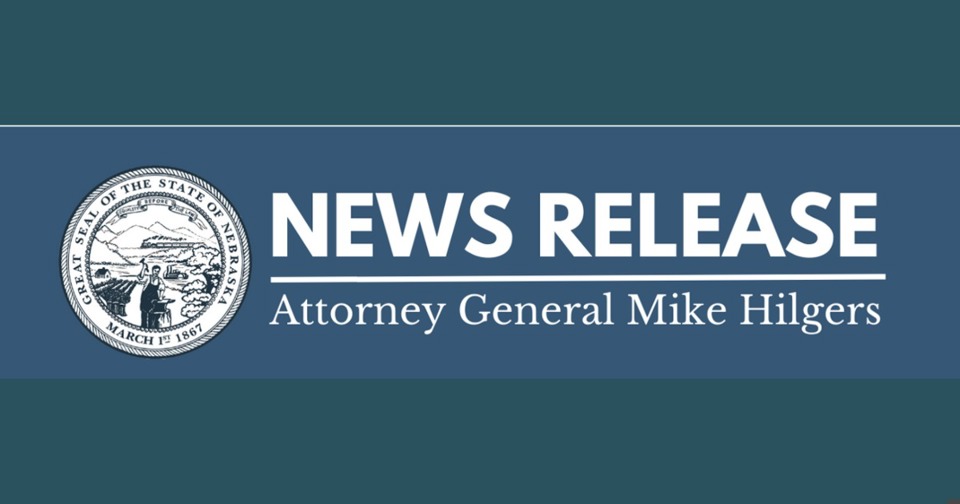Scammers Targeting Nebraska Nonprofits with Fraudulent Refunds

Lincoln -- Individual Americans donated more than $326 billion in 2023, according to Giving USA's Annual Report on Philanthropy.
Unfortunately, scammers are exploiting this revenue stream and have been targeting nonprofits in Nebraska with fraudulent donation refunds and attempts to steal personal information from donor bases.
These scammers, posing as wealthy, interested, first-time donors, are sending large fraudulent checks, often five figures or more. They then request a partial refund from the charity, claiming a mistake. The nonprofit issues the refund, the scammer vanishes, and the original donation check bounces, leaving the nonprofit with a significant financial loss.
The same donation scam can occur with a credit card. The scammer requests that all or part of the original credit card donation be refunded to a different credit card due to an error or other special circumstance. The nonprofit issues the refund and receives a chargeback for the original transaction using a stolen credit card.
To protect yourself and your organization:
-Spread the word. Educate employees and board members about charitable donation scams and how to recognize and protect your organization from fraud.
-Know your donor. If you receive a contribution from an uncommon source or unusual donor (outside most donors' geographic location), seek additional -information before issuing a refund. Try searching for their name, contact information, or email account online. Ask them about the reason for their donation. --Be extremely skeptical if they are unfamiliar with your basic programs or services.
-Verify refund requests. Before issuing refunds, contact the donor directly to confirm.
-Limit the form of refund. Never issue a check or hand out cash for any credit card transaction.
-Limit card refunds to the card used in the original transaction.
For more information on how to protect yourself from this and other frauds and scams, visit ProtectTheGoodLife.Nebraska.gov
